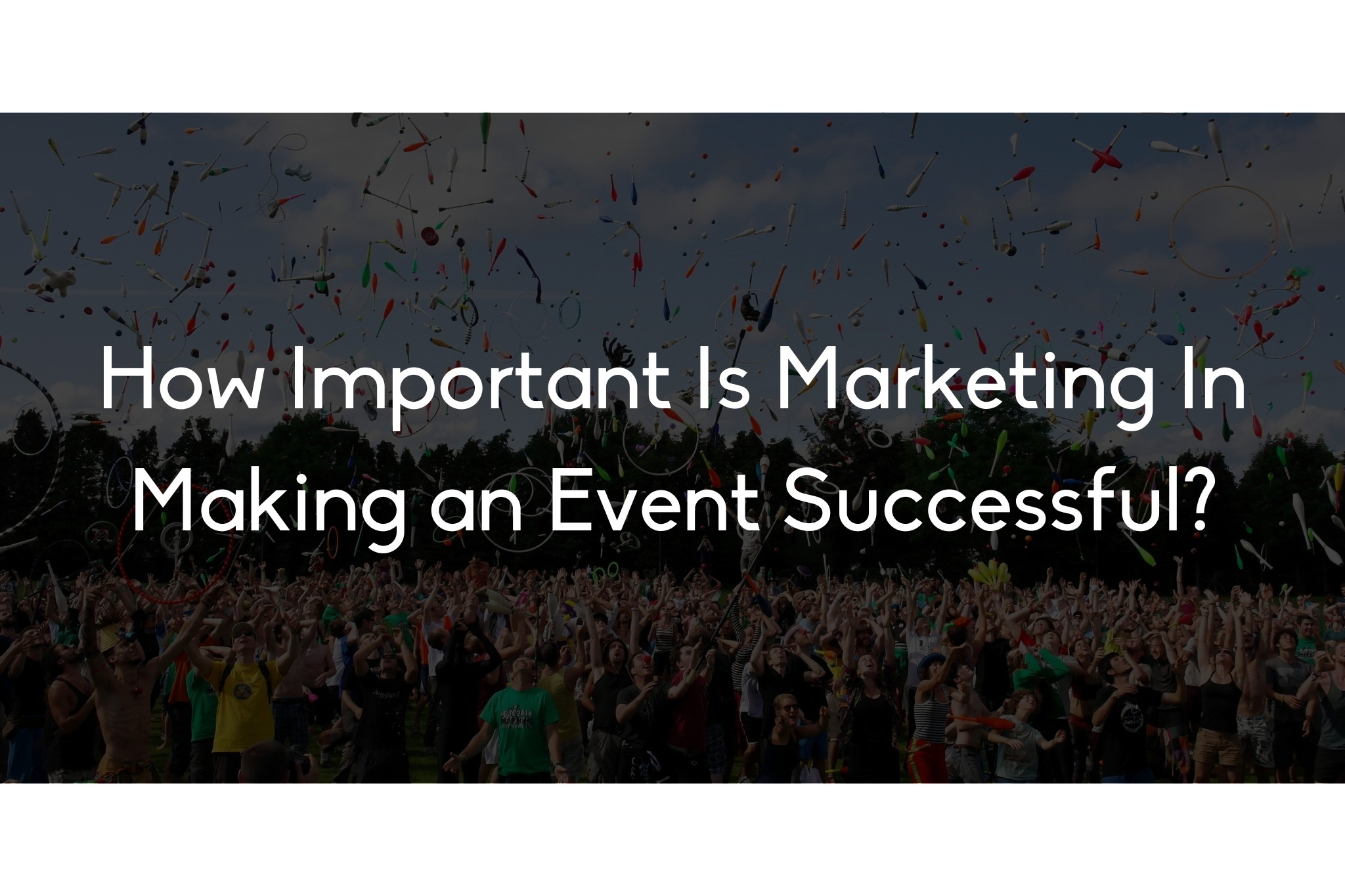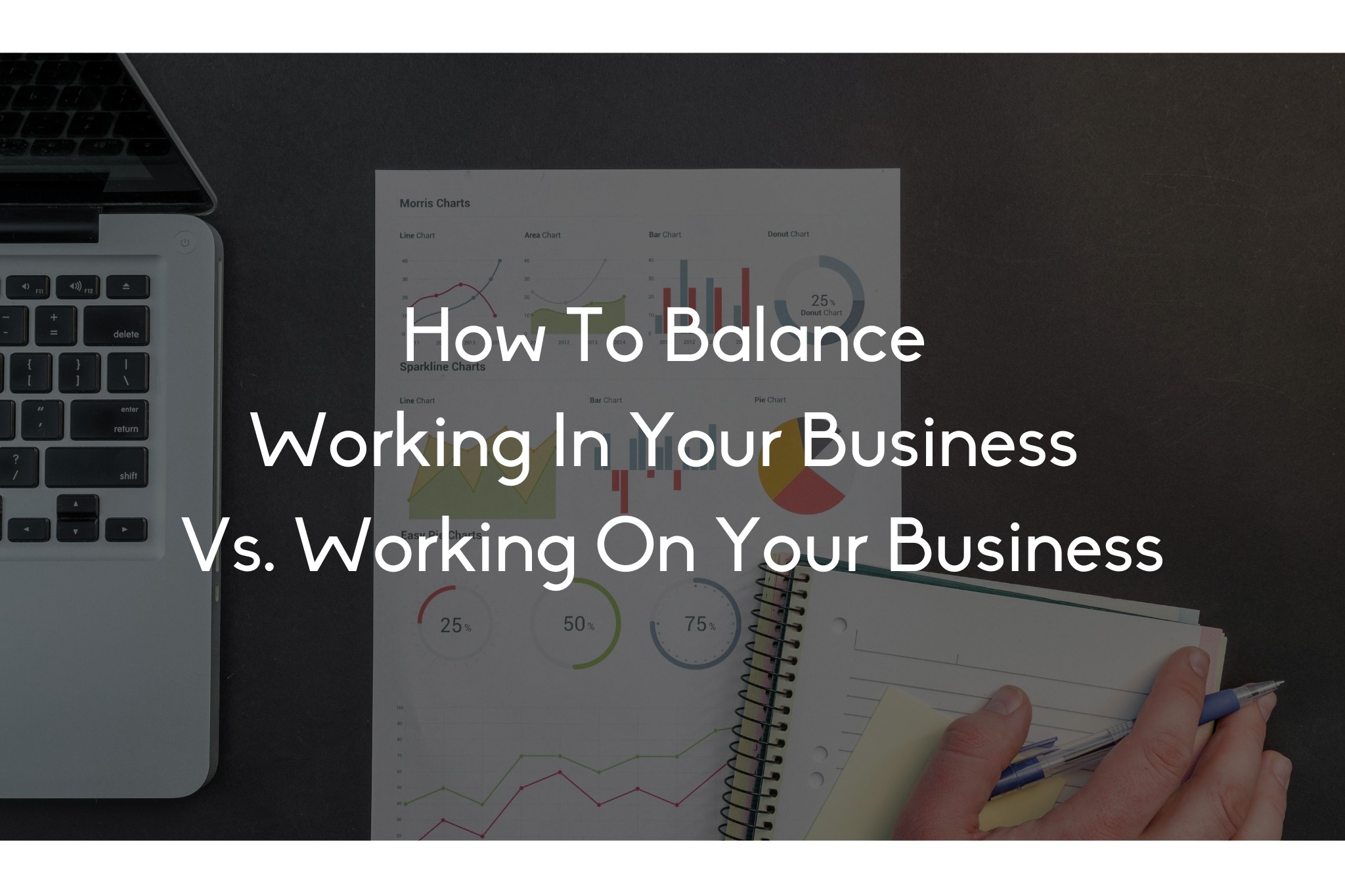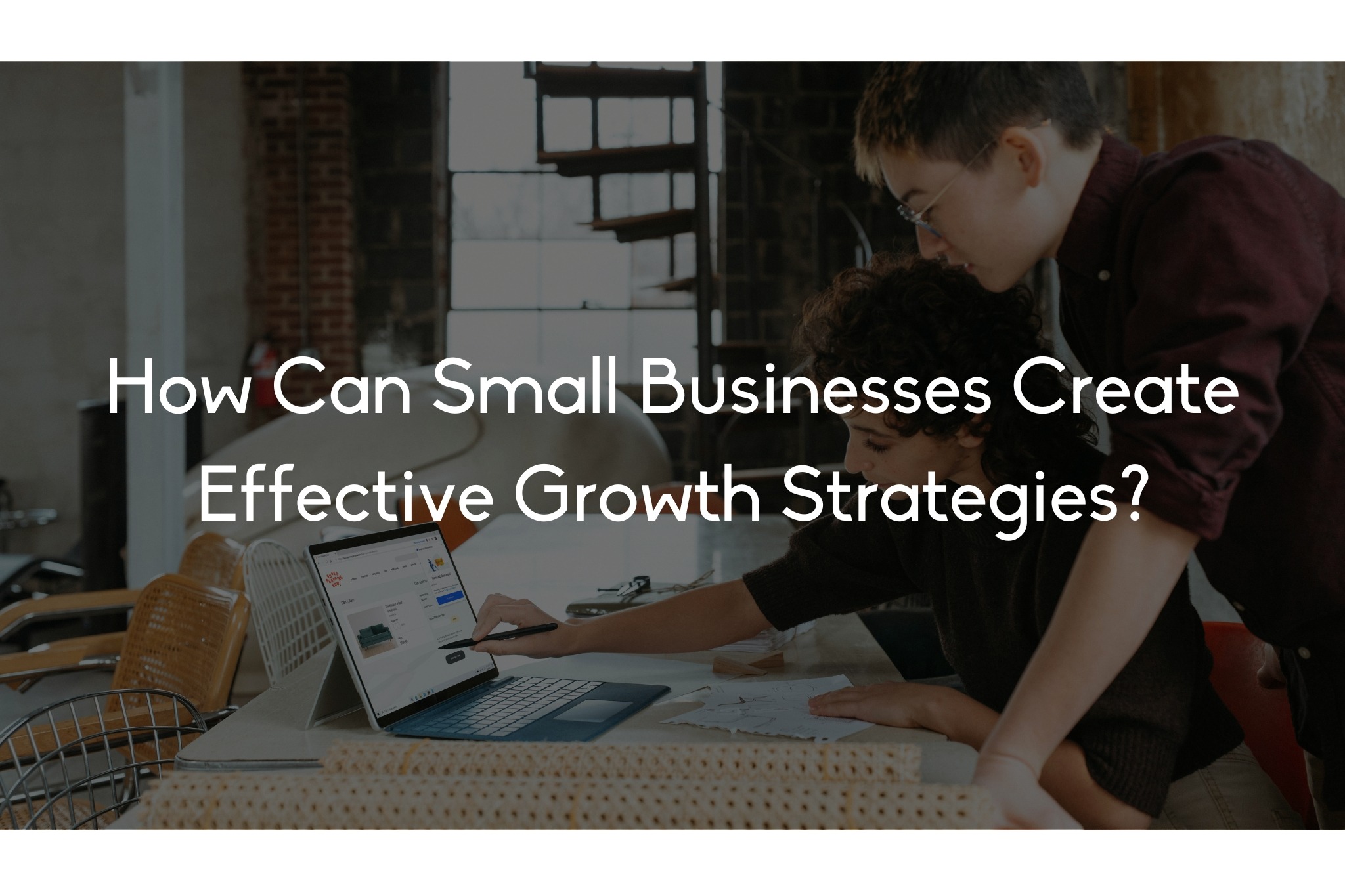
Imagine this: You’ve put together an event that could potentially be the talk of the town. The venue is booked, the speakers are confirmed, and the agenda is packed with value. But, there’s a catch—no one knows about it. An empty room is the nightmare of every event planner. You might have the best event in the world, but without effective marketing, it’s just a well-kept secret. The question arises: how crucial is marketing in making an event successful? Spoiler alert—it’s the game-changer.
Marketing is the backbone of any successful event. It’s the force that drives awareness, attracts the right audience, and ultimately determines whether your event is a hit or a miss. Without strategic marketing, even the most well-planned event can fall flat. It’s not just important; it’s essential.
In this article, we’ll dive deep into why marketing is indispensable to the success of any event. From building anticipation to ensuring high attendance, we’ll explore the key roles marketing plays. By the end, you’ll understand why your event’s success hinges on how well you market it.
Building Buzz and Anticipation
One of the first tasks of event marketing is to build buzz and anticipation. Think of marketing as the drumroll before the main act. It sets the stage, creating excitement and intrigue about what’s to come. Whether it’s through social media teasers, email campaigns, or eye-catching posters, the goal is to make people curious and eager to attend.
When marketing is done right, it transforms your event from just another date on the calendar into a can’t-miss occasion. People start talking about it, sharing it with friends, and marking their calendars. This kind of buzz is priceless because it not only increases awareness but also positions your event as something valuable and worth attending.
Targeting the Right Audience
Another critical aspect of event marketing is ensuring that your message reaches the right people. It’s not just about getting the word out—it’s about getting the word out to those who will genuinely be interested in what you’re offering. This is where understanding your audience comes into play.
Effective marketing involves segmenting your audience and tailoring your messages to resonate with each group. For example, a tech conference would market differently to developers than it would to investors. By targeting the right audience with the right message, you not only fill seats but ensure that those seats are occupied by people who will benefit from and contribute to the event.
Utilizing Social Media
In today’s digital age, social media is one of the most powerful tools in your marketing arsenal. Platforms like Facebook, Instagram, LinkedIn, and Twitter allow you to reach a broad audience with minimal cost. But it’s not just about posting randomly; it’s about creating a coherent and engaging social media strategy.
Your social media strategy should include a mix of content—teasers, behind-the-scenes glimpses, speaker highlights, and countdowns. The aim is to create a narrative around your event that keeps your audience engaged and excited. Don’t forget the power of hashtags and tagging relevant people and organizations to broaden your reach.
Additionally, social media offers the opportunity for real-time interaction. Hosting live Q&A sessions, polls, and giveaways can boost engagement and foster a sense of community around your event. When done right, social media can turn your event into a trending topic, driving both awareness and attendance.
Email Marketing: The Personal Touch
While social media is excellent for broad outreach, email marketing adds a personal touch. It allows you to communicate directly with your audience, offering tailored content that speaks to their specific interests. For instance, you can send personalized invitations, exclusive offers, and updates to keep your audience informed and engaged.
Email marketing is also an effective tool for nurturing leads. By segmenting your email list, you can send targeted messages to different groups, such as past attendees, VIPs, or industry professionals. This ensures that your content is relevant and increases the likelihood of conversion—whether that’s registering for the event, sharing it with others, or engaging in pre-event activities.
Content Marketing: Providing Value
Content marketing is another vital piece of the event marketing puzzle. This involves creating and sharing valuable content that not only promotes your event but also provides real value to your audience. Think blog posts, videos, infographics, and even podcasts.
By offering content that educates, entertains, or inspires, you build trust and establish your event as a valuable resource. For example, if you’re hosting a health and wellness conference, publishing articles on the latest trends in the industry can attract potential attendees who are interested in those topics. Content marketing helps position your event as a must-attend for anyone serious about the subject matter.
Partnering with Influencers
Influencer marketing has become increasingly popular in recent years, and for good reason. Partnering with influencers—individuals who have a significant following and influence in your industry—can amplify your marketing efforts. When an influencer endorses your event, it adds credibility and reaches a broader audience.
The key to successful influencer marketing is finding the right influencers who align with your event’s goals and values. Their endorsement should feel authentic and natural, not forced. This collaboration can take many forms, from sponsored posts to guest appearances or even co-hosting parts of the event.
Attendance and Engagement
One of the most direct ways to measure the impact of your marketing efforts is through attendance and engagement metrics. High attendance rates and active engagement before, during, and after the event are clear indicators that your marketing strategy was effective. Monitoring ticket sales, registrations, and social media interactions can provide valuable insights into what worked and what didn’t.
But it’s not just about numbers—quality matters too. If your marketing successfully targeted the right audience, you’ll find that attendees are more engaged, participate actively, and leave with a positive impression of your event.
Post-Event Analysis
The work doesn’t stop when the event ends. Post-event analysis is crucial for understanding the full impact of your marketing efforts. This includes collecting feedback from attendees, analyzing social media mentions, and reviewing any content or media coverage generated by the event.
This analysis helps you understand what resonated with your audience and what areas need improvement. It also provides valuable data that can inform your marketing strategy for future events, ensuring continuous improvement and greater success each time.
Marketing is not just a component of event planning—it’s the driving force behind a successful event. From creating buzz and targeting the right audience to utilizing digital tools like social media and email, effective marketing ensures that your event not only attracts attendees but leaves a lasting impact. So, the next time you’re planning an event, remember: marketing isn’t just important; it’s essential. It’s the key to transforming your event from a simple gathering into a memorable experience that attendees will be talking about long after it’s over.

